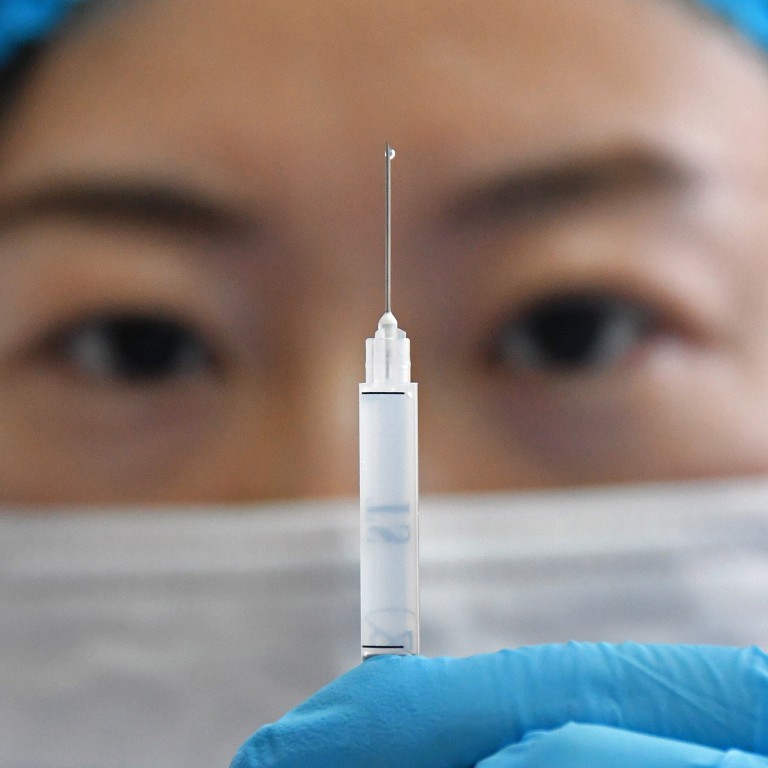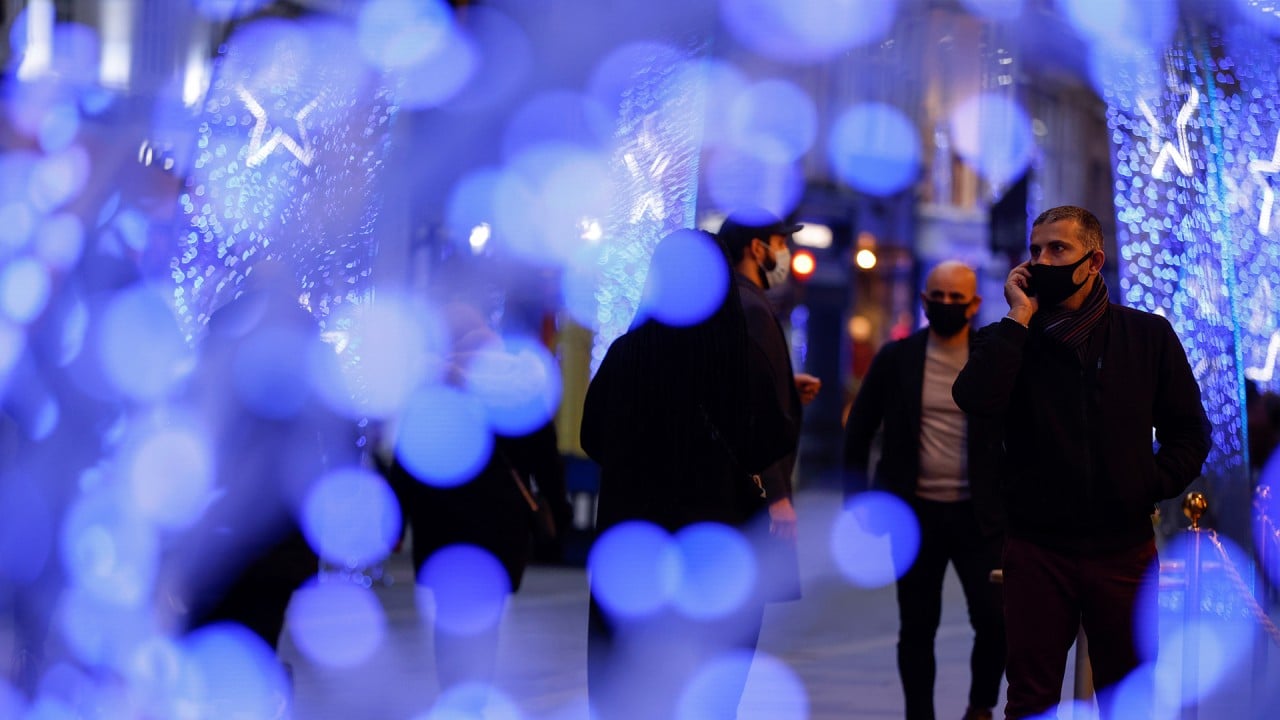
The Philippines looks to start Covid-19 vaccine drive by February with doses from Sinovac
- The first 50,000 doses of the 25 million secured from the Chinese firm are expected next month, with the government seeking to inoculate more than half the population by 2021
- Filipinos will not be able to choose which vaccine they get, and trust over vaccine safety may be another hurdle
Galvez said US firm Pfizer had committed “a very sizeable amount” of doses, while the country had secured 13 million from AstraZeneca of Britain and 25 million from Russian firm Gamaleya. He said he was still in negotiations for between 15 million and 20 million doses from American company Moderna.
Delays and missteps: how Duterte’s Philippines struggled against the coronavirus
“If we are successful, we will have 144 million doses [locked in by this month],” Galvez said, though he added that actual deliveries would be staggered and could take until 2023.
He added that Pfizer vaccine would only be given in Metro Manila and other highly urbanised cities where cold-storage facilities were present, and that the company would deliver the doses to the vaccination area itself.

03:57
Coronavirus: what we know so far about the new strain of Covid-19
Presidential spokesman Harry Roque on Monday said the government had also signed a deal with Sinovac for 25 million doses, following a separate agreement with the Serum Institute of India to buy 30 million doses from the United States’ Novavax.
He announced that while vaccinations would be free, people would not be able to choose a particular brand “since no one will be forced to be injected”. He added that those who turned down a vaccine would have to sign a waiver, and those who did so despite being in a priority group would “have to wait your turn with the rest of the people”.
Senator Francis Pangilinan, who called for the hearing on vaccines, pointed out that the delayed vaccine roll-out was not the only problem the government was facing. He cited the results of a recent Pulse Asia survey showing that 47 per cent of Filipinos had said they would not get vaccinated, primarily over concern about the safety of the vaccines.
Comment: China must explain its role in Philippines coronavirus vaccine scandal
Senate President Vicente Sotto told health secretary Francisco Duque during the hearing: “Right now you are being defeated in social media [where jokes are circulating that if] you get vaccinated, you start talking in Chinese.”
Duque said the government would launch a “massive” information campaign and was looking to inoculate more than half of the population in 2021, with some 82.5 billion pesos (US$1.7 billion) allocated for vaccine purchases this year, the bulk of which was from loans.
Meanwhile, Food and Drug Administration (FDA) director Rolando Enrique Domingo said the agency would closely scrutinise the efficacy of the vaccines, while vaccine tsar Galvez said if the FDA did not approve a vaccine, the Philippines would not go through with the deal.
Domingo said emergency use authorisation (EUA) for Pfizer would be out this week, while AstraZeneca would receive approval by the middle of next month.
Additional reporting by Reuters and Bloomberg

